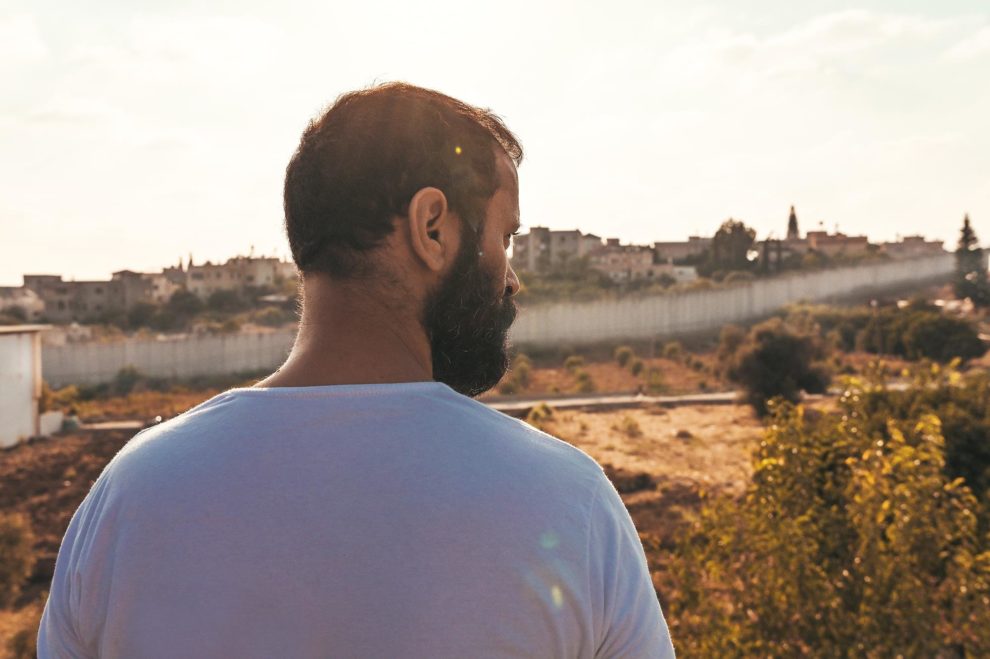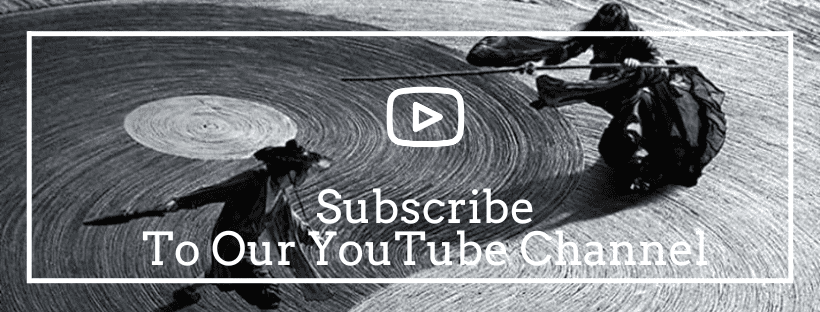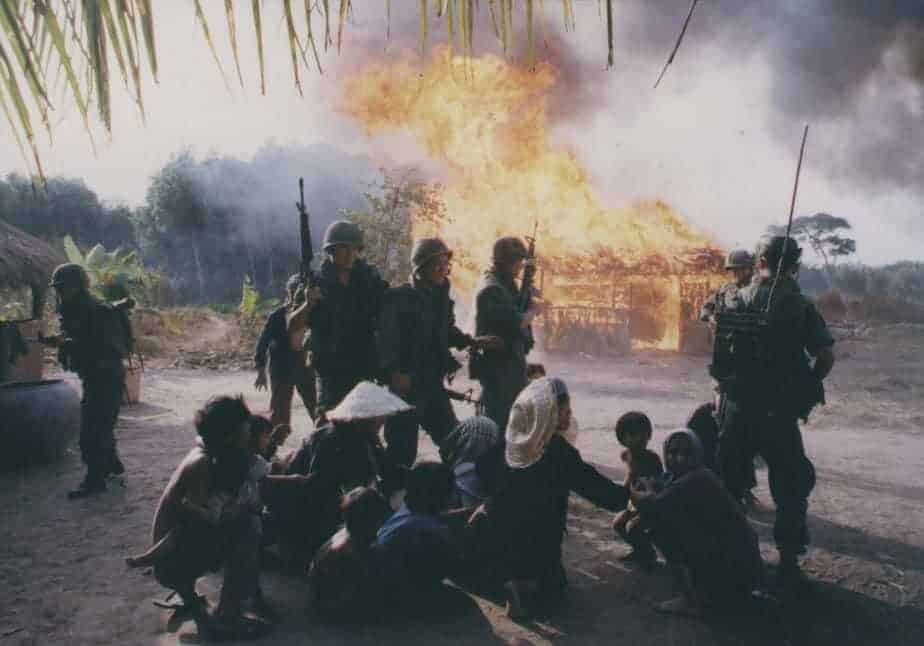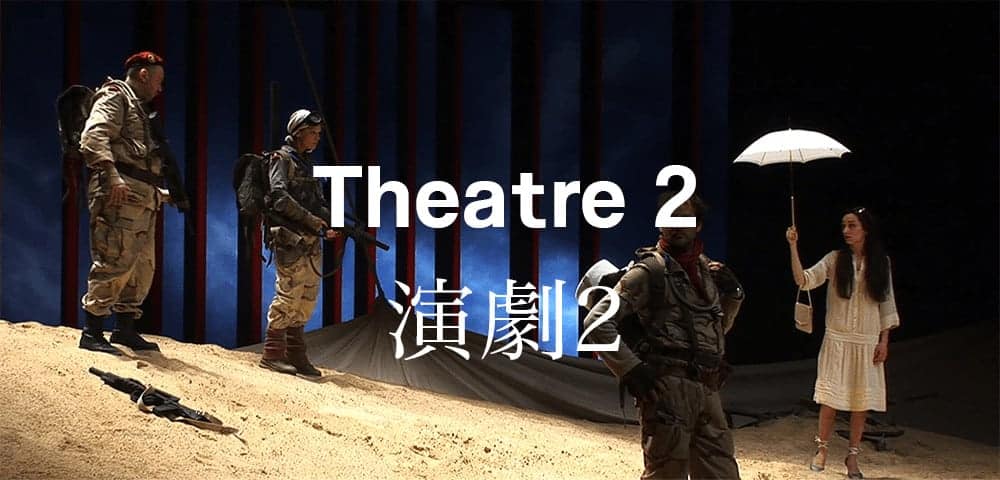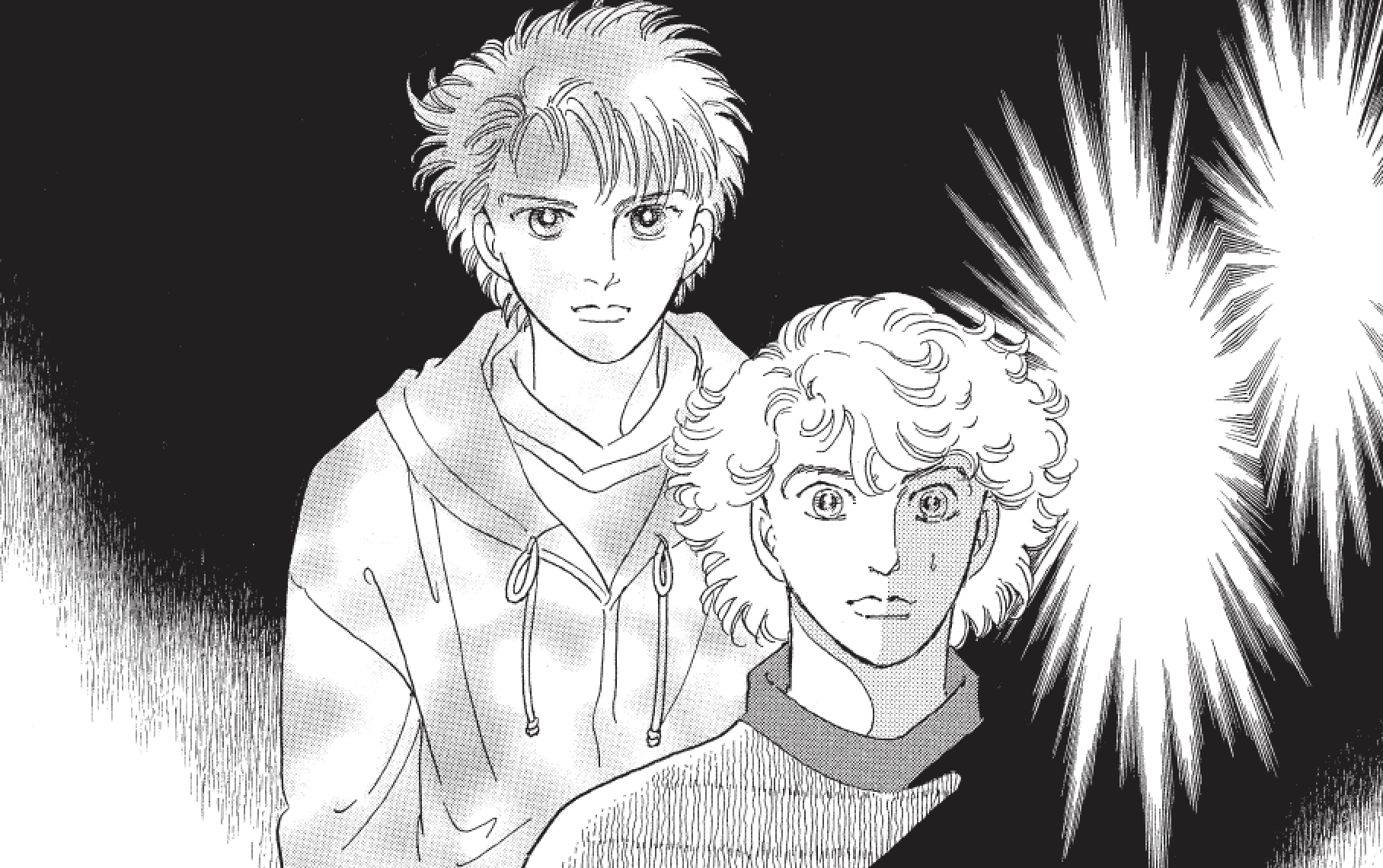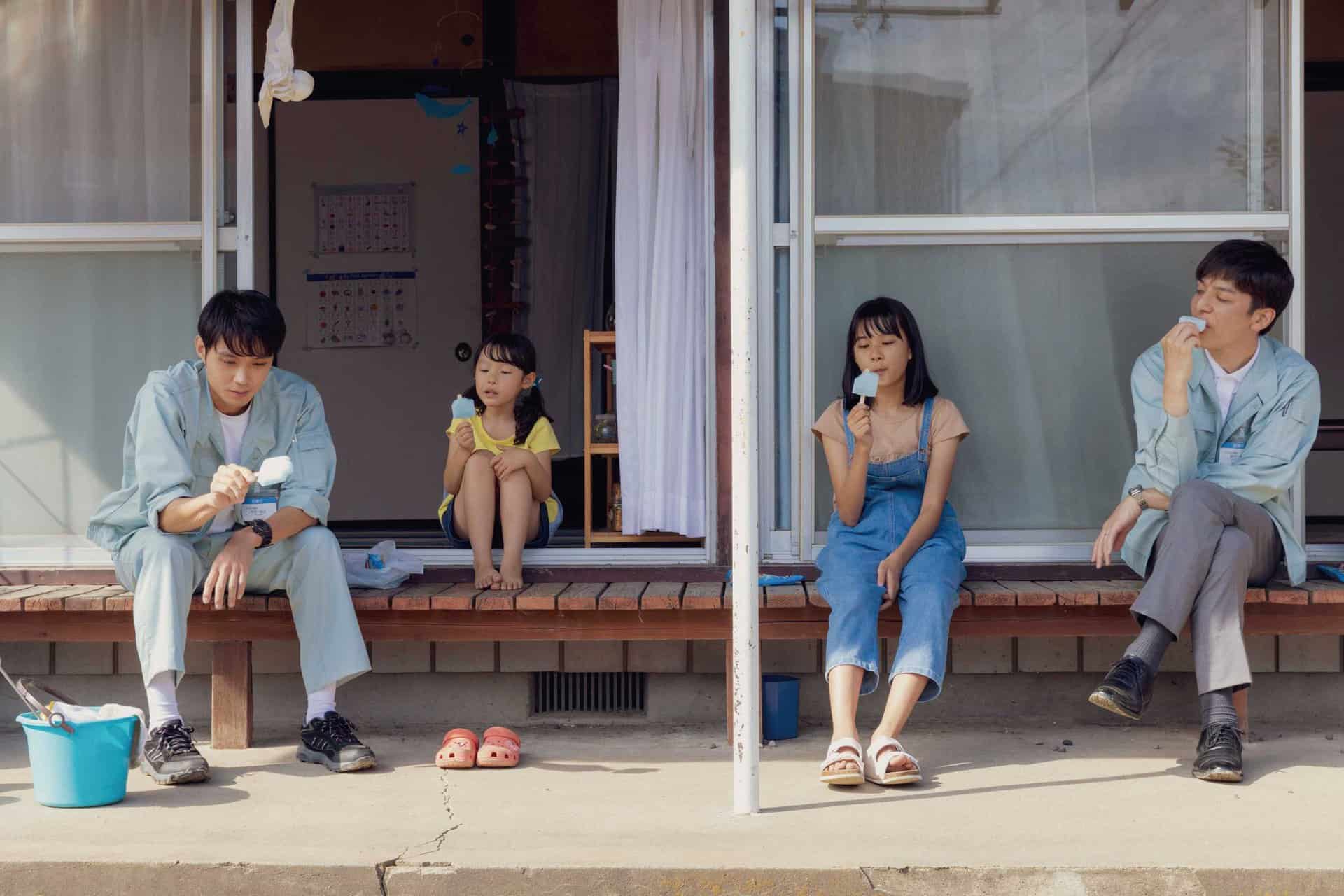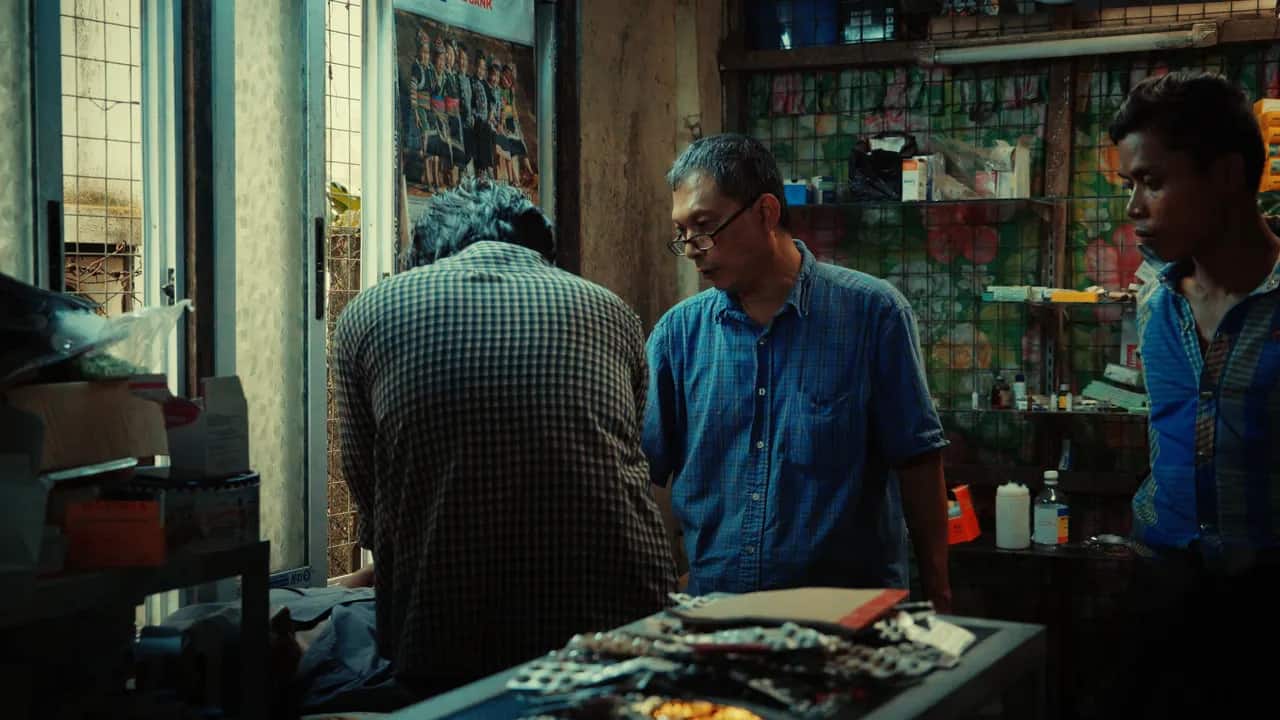When you think of a specific culture or country, many associations come to mind, positive and negative, some of which quite particular, some of which bordering on stereotypes. In the case of Palestine, many people connect it to images of soldiers, checkpoints and, of course, the West Bank Barrier separating the country from Israel. While the image is quite defining for his home country, as director Ameen Nayfeh remarks in his statement to his feature debut “200 Meters”, it is also quite abstract. Much like the aforementioned aspects, it is a part of daily life, which separates families from each other, people from their workplace and other from their friends, facts that many people do not recognize when they think of the abstract image. “200 Meters”, which competes in this year's Giornate degli Autori at Venice International Film Festival, approaches the image from a very human point of view, telling a story about a family separated by the wall and their daily attempts to cross this border between them.
“200 Meters” is screening at Giornate degli Autori

In the eyes of Mustafa (Ali Suliman) the wall is not just a physical or political barrier, it is what separates him from Salwa (Lana Zreik), his wife, and their three children, who live on the Israeli side, only 200 meters away from his own home where he lives with his mother. Even though they see each other occasionally and talk on the phone, the separation has put quite a strain on the marriage, along with their financial situation which has become a source for concern after Mustafa was forced to quit his last job due to a back injury. However, when Salwa confronts him with her decision of sending their son to a private school, Mustafa begins to work again, with the help of a friend of the family who provides him with a new job at a construction site in Israel.
On the same day Mustafa's passport expires, making it impossible to cross the border, he receives a call informing him his son has been in an accident and is now brought to the hospital for surgery. Desperate to get to him as soon as possible, he asks a local smuggler to get him across the border, an expensive and quite stressful undertaking. As tensions rise between him and the smuggler, whom he suspects of lying to him and the other passengers about their progress, matters becomes even more complicated when a German amateur filmmaker joins their group to film their journey across the border.
Although there are only 200 meters between his apartment and his family's, the distance does not really matter as we soon find out. It might as well be 2000 meters or more since the length is unimportant when the wall makes the distance so much further, geographically as well as emotionally. What makes the situation at times even more painful is that both are able to see the home of the other across the wall, with Mustafa and his children giving each other light signals, an event which has become their daily ritual before going to bed. However, it is also a painful reminder of what separates them and how necessity has made them accept the wall as a fact of their family life.
Furthermore, Nayfeh shows the border is not just a physical border, but an emotional and intellectual one within the minds of people. On many occasions, we witness confrontations between Israeli and Palestinian citizens, for example during Musfata's dangerous journey towards the border, or when his son confesses he was beaten in school for being a “rotten West-Banker”. Perhaps the most interesting aspect of that theme comes with the arrival of the German filmmaker, played by actress Anna Unterberger, an “outsider” to who aims to understand the human drama behind the image of the wall, which creates a lot of tension within the group she travels with, who consider her a “tourist” only interested in the misery and hardship of the people, a naive believer in cultural stereotypes.
Especially the journey to the border is quite well executed with regard to dramaturgy and aesthetics. By further reducing the space the characters occupy – a lengthy sequence sees them being crammed in the trunk of the car as they approach a checkpoint – Nayfeh and his DOP Elin Kirschfink highlight the tense atmosphere within the group as well as their helplessness now that they are dependent on rather dubious people. Additionally, in these scenes and in many others, actors Ali Suliman gives an incredibly committed performance as a father trying to do the right thing and be everywhere at the same time, an impossible task which creates quite a dilemma for his character.
In the end, “200 Meters” tells a story about the human implications of separation, created through the political and historical differences between people. Ameen Nayfeh has managed to create a quite tense and emotional drama about a father wanting to be there for his family, but is unable to do so due to circumstances he cannot control.


